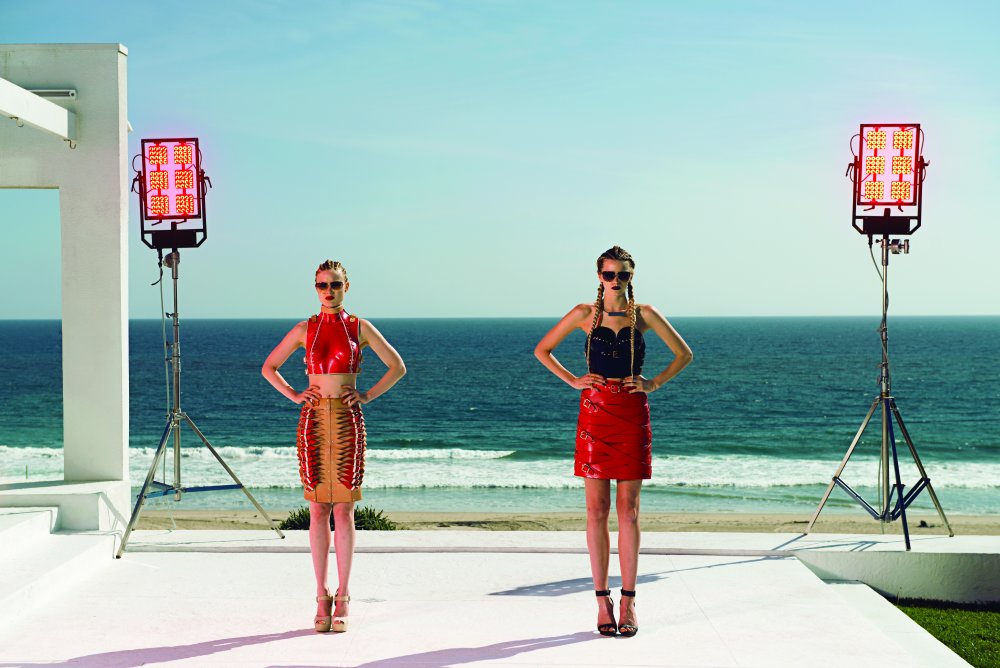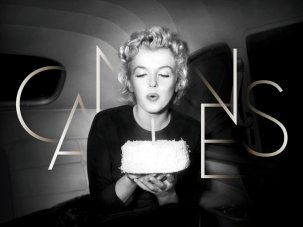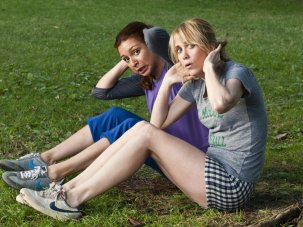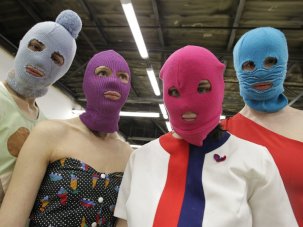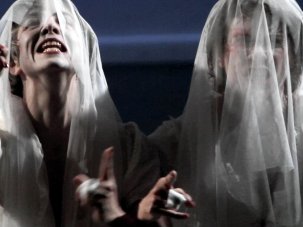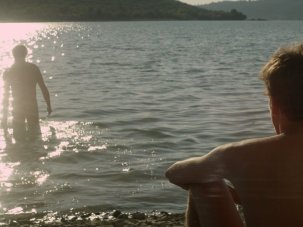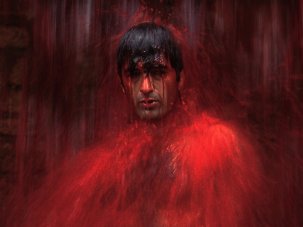Spring once more is sprung, and here again comes the Cannes Film Festival (11-22 May), accompanied by its now familiar chorus of hecklers – “usual suspects”, “boys’ club”, “#CannesSoWhite” – decrying the festival’s snail’s pace of evolution towards something reflecting 21st-century diversity. No wonder Cannes’ delegate general Thierry Frémaux disdains the selfies, tweets and other tools of digital snap-judgement.
The 2016 Festival de Cannes runs 11-22 May. Follow Sight & Sound for all the top news and reviews.
Cannes, in Frémaux’s telling, is where democracy hands off to meritocracy, where the best and brightest ascend from the babble of the commons for high-table veneration. “Cannes is Cannes,” he instructed ScreenDaily apropos this year’s selection. “In a World Cup rugby match, they put the best players on the pitch. At Cannes, we select the best films. Cannes is the world championship of cinema… There are millions of people who like to run. If I go to watch the Olympics, however, I want to see Usain Bolt, not Mr Whoever who goes running every Sunday morning with his dog.” Tempting as it is to stretch the analogy to the phenomenon of aged footballers selected on reputation, the issue is a wider one: when does a meritocracy ossify?
Frémaux and his team filleted this year’s selection of 49 titles (including 20 in Competition and another 17 in Un Certain Regard) from 1,869 submissions, a number that seems to rise each year as implacably as global temperatures. Twenty-eight countries are represented, and there are seven first-feature filmmakers among the 49 – so it’s easy to sympathise with Frémaux’s weary truism, in an interview with Variety: “People talk about known directors because they’re known, but we must talk about unknown directors who could be famous in the future.”
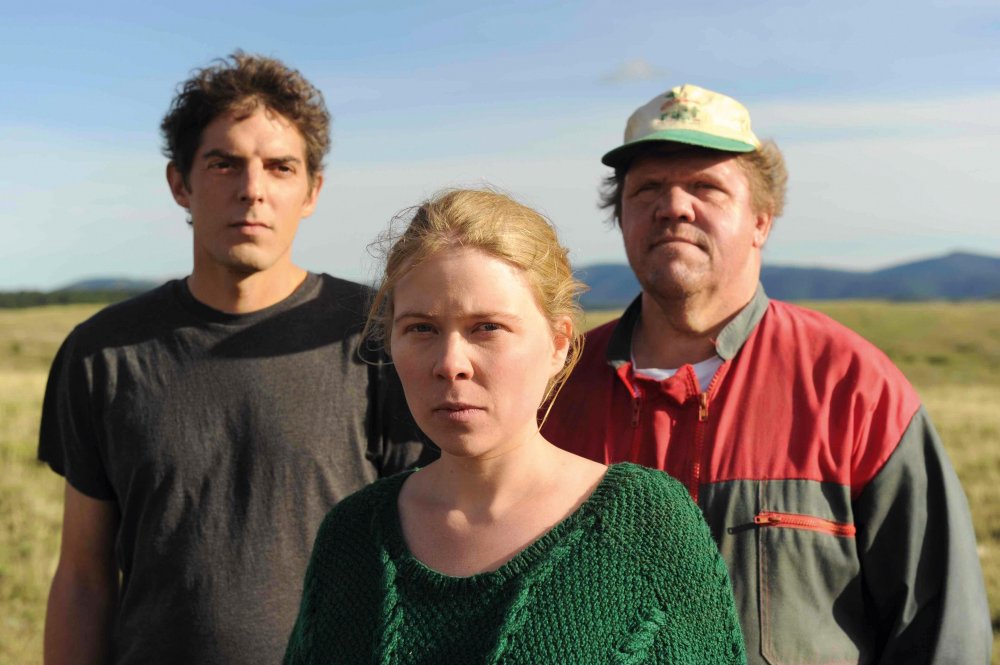
Rester Vertical, from The Stranger by the Lake’s director Alain Guiraudie
So it is that Cannes veterans Ken Loach (making his 12th Competition appearance with I, Daniel Blake), Jim Jarmusch (his seventh with Paterson, plus a midnight screening of his Stooges doc Gimme Danger), Pedro Almodóvar (his fifth with Julieta), the Dardennes (their seventh with The Unknown Girl) and Olivier Assayas (his fifth with Personal Shopper) are joined by Canadian wunderkind Xavier Dolan (competing for the second time with It’s Only the End of the World), Alain Guiraudie (Rester Vertical, following his 2013 Un Certain Regard-awarded Stranger by the Lake), Brazil’s Kleber Mendonça Filho (Aquarius, following his 2012 Rotterdam hit Neighbouring Sounds) and Jeff Nichols, whose Loving comes barely three months after his Berlinale thriller Midnight Special. Romania’s Cristi Puiu (Sieranevada) also figures alongside his Palme d’Or-winning compatriot Cristian Mungiu (Bacalaureat); the Philippines’ Brillante Mendoza makes his third Competition appearance with Ma’ Rosa, and there are new titles from Park Chan-wook, Bruno Dumont, Sean Penn, Nicolas Winding Refn and Paul Verhoeven – the last here for the first time since Basic Instinct in 1992.
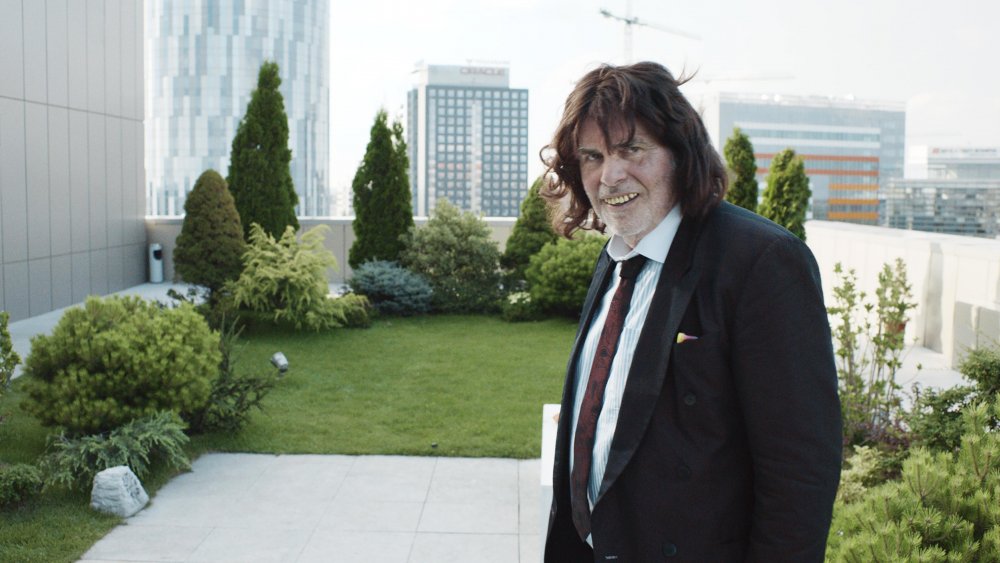
Maren Ade’s competition entry Toni Erdmann
Somewhere amid this gamut of strapping scrum-halves and Old Masters (as well as the rugby analogy, Frémaux compared his festival to the Louvre), there are some female filmmakers. Andrea Arnold (with American Honey) and Nicole Garcia (From the Land of the Moon) both compete for the third time, alongside new arrival Maren Ade (Toni Erdmann), whose 2003 debut The Forest for the Trees is an unsung gem.
That trio constitute 15 per cent of the Competition titles; women directed eight of the 49 selections across the board. Frémaux brandished statistics suggesting industry standards were worse, but his parry that Cannes’s gender lopsidedness is “a consequence, not the cause” of wider disparities was weak – we need to see the festival pushing for change. In support of Frémaux’s thesis that parity at the film-school level will filter upwards, three of the programme’s eight first-feature filmmakers are women: Stéphanie Di Giusto (The Dancer), Palestinian-Israeli Maha Haj (Omar Shakhsiya) and Andrea Testa (co-director of The Long Night of Francisco Sanctis). On the other hand, only one of ten Competition shorts directors is.
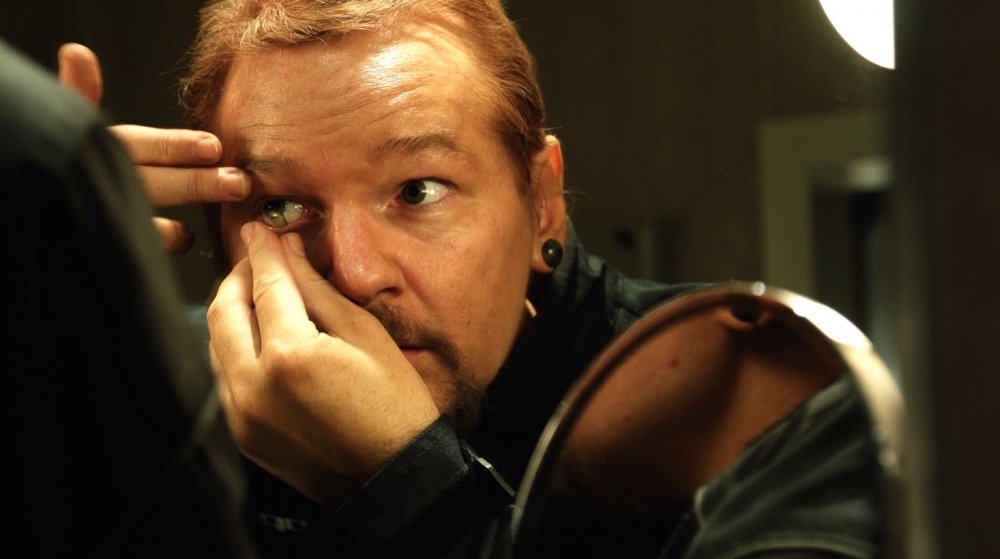
Risk, Laura Poitras’s followup to Citizenfour, selected for the Un Certain Regard sidebar
Perhaps, after all, the festival needs to look to the constrictions in its own frame of reference. The real fallacy of Frémaux’s ‘cinema championship’ is that athletes and sports people vie within defined game-rules; artists are meant to bend and break them – so the terms of excellence are moot. At a festival that vaunts its fluency with the world’s finest filmmaking, smugness is more excusable than complacency, and when Frémaux says of his programme: “This is cinema in the spring of 2016”, it’s less true and certainly at variance with his parallel claim that “At Cannes, we specialise in the big auteurs.”
Critic Daniel Walber has pointed out that only five documentaries have shown in Competition at Cannes in the past 40 years; the current wave of nonfiction film art has almost completely passed the festival by. (Widen the scope across the non-official Critics’ Week and Directors’ Fortnight sidebars, as Gianfranco Rosi’s Oeil d’Or jury will have to do, and you’ll find all of five new docs this year, notably Laura Poitras’s Julian Assange study Risk.)
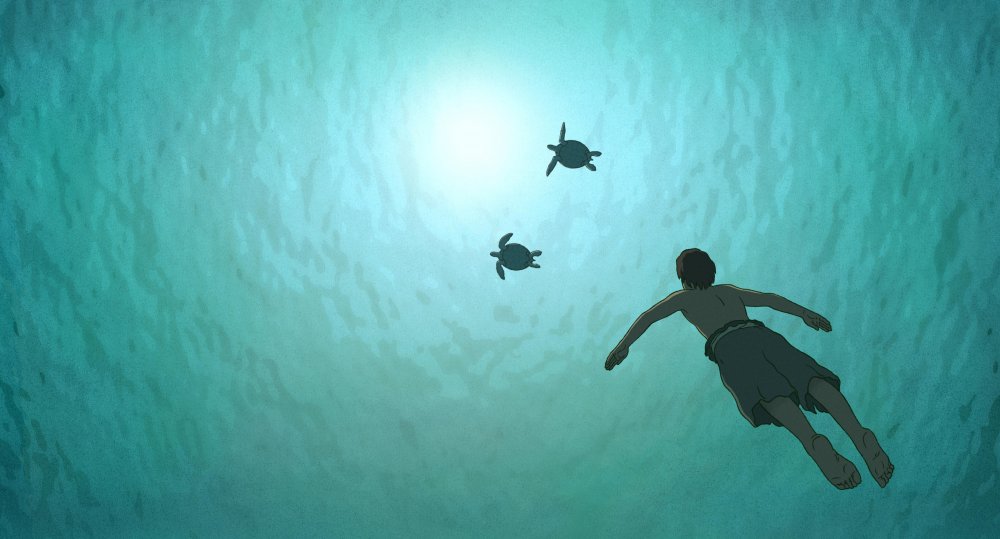
Michael Dudok de Wit’s Studio Ghibli-produced animation The Red Turtle
Ditto animation. Michaël Dudok de Wit’s Studio Ghibli production The Red Turtle is this year’s tantalising exception that proves the rule. A jury led by the director of Mad Max and Happy Feet, George Miller, might have been open to its ecumenical artistry – but it’s not been put on the main pitch.
-
Cannes Film Festival 2016 – all our coverage
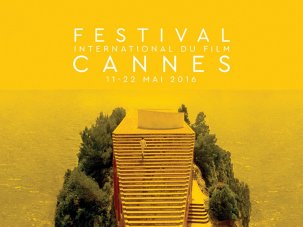
Browse all our coverage of the preeminent showcase of international and auteur cinema.
-
Sight & Sound: the June 2016 issue
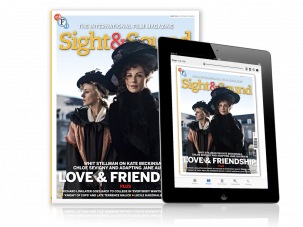
Whit Stillman on his acid-tongued Jane Austen adaptation Love & Friendship. Plus Richard Linklater’s college daze, Lucile Hadzihalilovic&...




